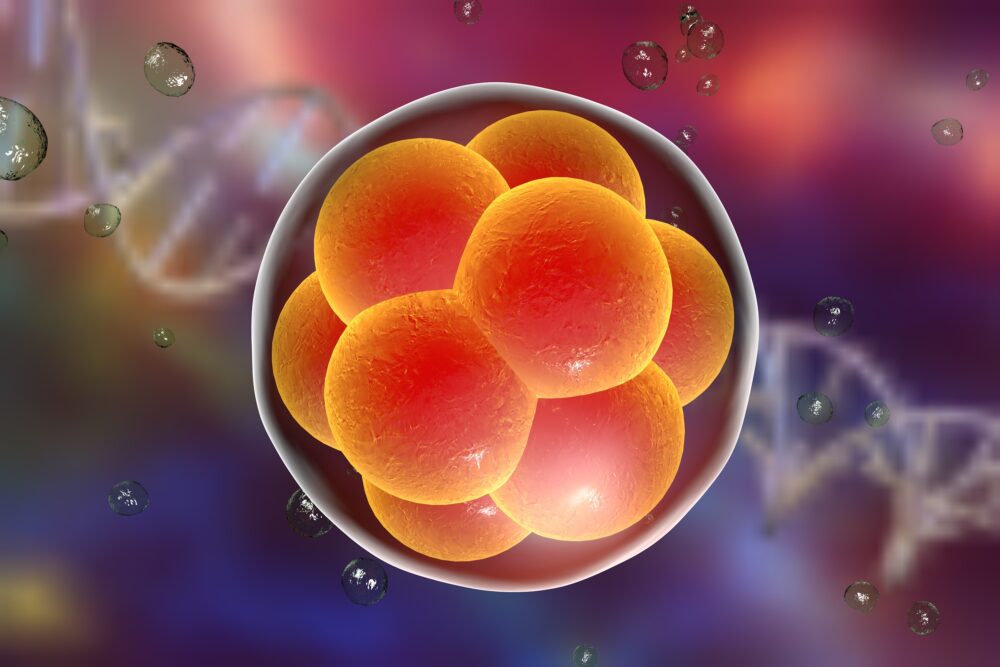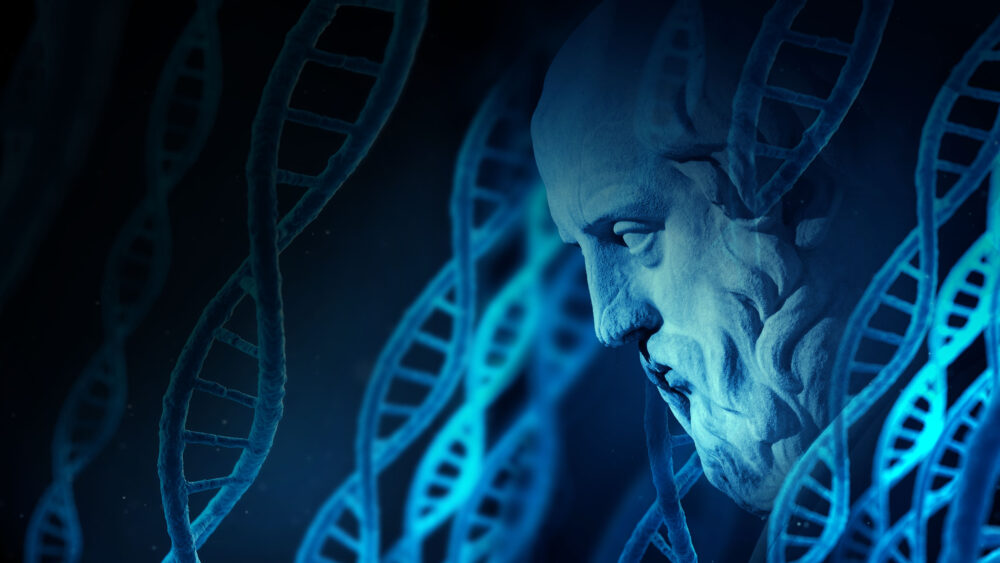


Physicist Brian Miller: The Non-Algorithmic Nature of Life

David Klinghoffer Reads From His New Book Plato’s Revenge

Plato’s Revenge: An Interview with David Klinghoffer

Richard Sternberg on the Trail of the Immaterial Genome

Richard Sternberg on the Trail of the Immaterial Genome
On this episode of ID the Future, Dr. Richard Sternberg, research fellow at the Biologic Institute, speaks on his mathematical/logical work showing the difficulty of identifying genes purely with material phenomena, and that DNA doesn’t have all that’s needed to direct the development of organisms.
Read More ›